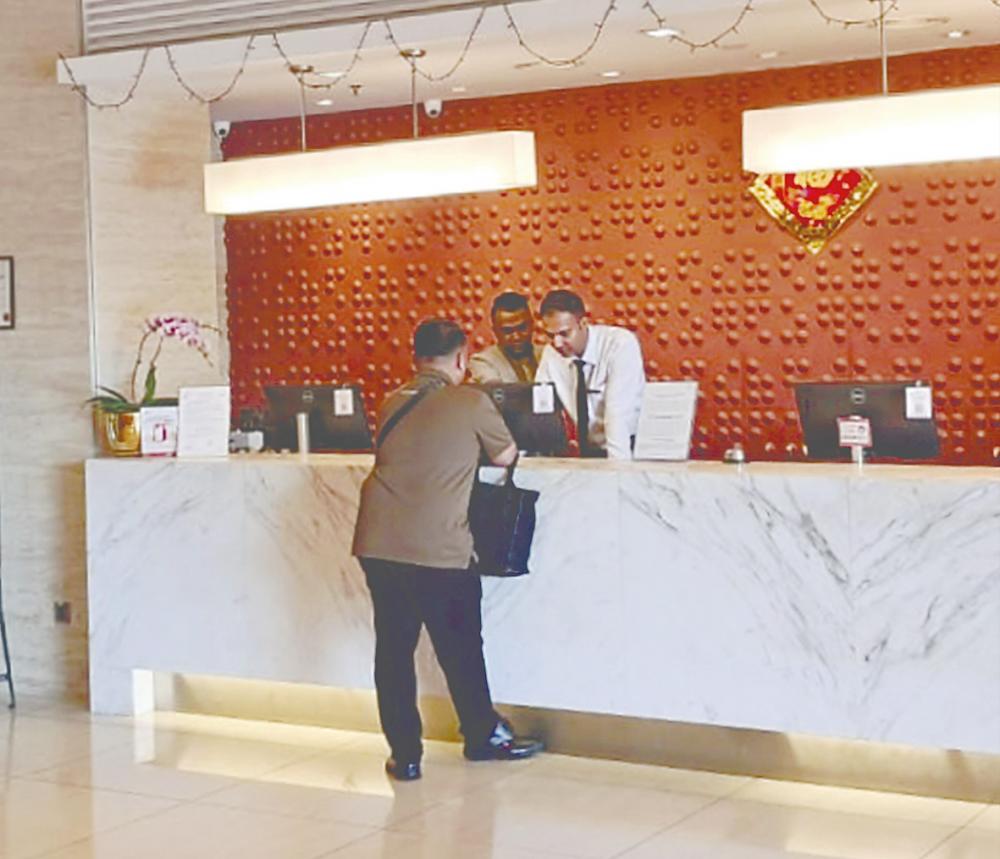PETALING JAYA: The Malaysia Budget and Business Hotel Association Penang chapter has called on the state government to show transparency in the allocation and utilisation of funds from the proposed 50% increase in hotel fees.
Its chairman Andy Lau said while hotel operators have acted as fee collection agents since 2014, recent developments have left stakeholders uninformed about how much has been collected, how the funds were utilised and whether it benefitted tourism promotion as intended.
“Fees must be used exclusively for tourism promotion, as initially agreed upon, and changes to its structure must involve input from industry stakeholders to ensure
effective utilisation.”
On Jan 15, Penang Island Mayor Rajendran Anthony said the state would consider raising its hotel fees by at least 50% in a bid to enhance its tourism offerings and infrastructure.
Lau said the fees collected – RM3 per room per night for four-star hotels and above, and RM2 for three-star hotels and below – were deposited into a dedicated account managed by a committee comprising industry stakeholders and local authorities.
He said recent changes have redirected the funds into the state’s consolidated revenue account, rendering the development and utilisation of the funds unclear.
“The state government needs to reactivate local government fee scrutiny committees to restore transparency, allow stakeholders to provide constructive suggestions and ensure effective utilisation of the funds.”
He said as collection agents, hotels bear the operational burdens of managing the fees, including upgrading property management systems, training staff to handle guest inquiries about the fees and allocating resources to process payments to local councils.
He also said the added responsibilities have increased costs and operational strain, particularly while the industry is recovering from the pandemic.
“The market is in recovery and customer behaviour has become unpredictable. We believe more time is needed to assess the appropriate timing for any increase in local government fees.
“Additionally, the fees were not supposed to cover infrastructure or operational costs, which should be the state government’s responsibility. The lack of transparency in
how the funds are used has left hoteliers questioning their role in collecting them.”
Lau stressed the need for fee enforcement across the accommodation sector.
He said while hotels are held accountable for the fees, short-term rental (STR) operators, including homestays and Airbnb accommodations, have not been consistently required to collect or contribute.
“Under city council regulations, STR operations in commercial properties are legalised and licensed. The chief minister’s statement on the decision not to impose fees on STR operators because they are unlicensed failed to address concerns regarding fairness and accountability.
“The same fee structure should be enforced to STR operators to ensure consistency and equity across accommodation providers.”
He urged the state government to address the imbalance to ensure fair competition and equal contributions from all benefitting from the tourism industry.
He said including STR operators in the fee structure could generate an additional amount of about RM3 million annually, reducing the need for a fee increase.
“There is no doubt that even a small increase would affect the competitiveness of the hotel industry in Malaysia. With neighbouring countries pushing for tourism development, it is crucial to maintain competitive hotel prices to attract visitors.
“A collaborative approach involving stakeholders would ensure funds are used strategically to maximise their impact on Penang tourism.
“Equitable enforcement across accommodation providers is vital for a
thriving and sustainable tourism sector.”









